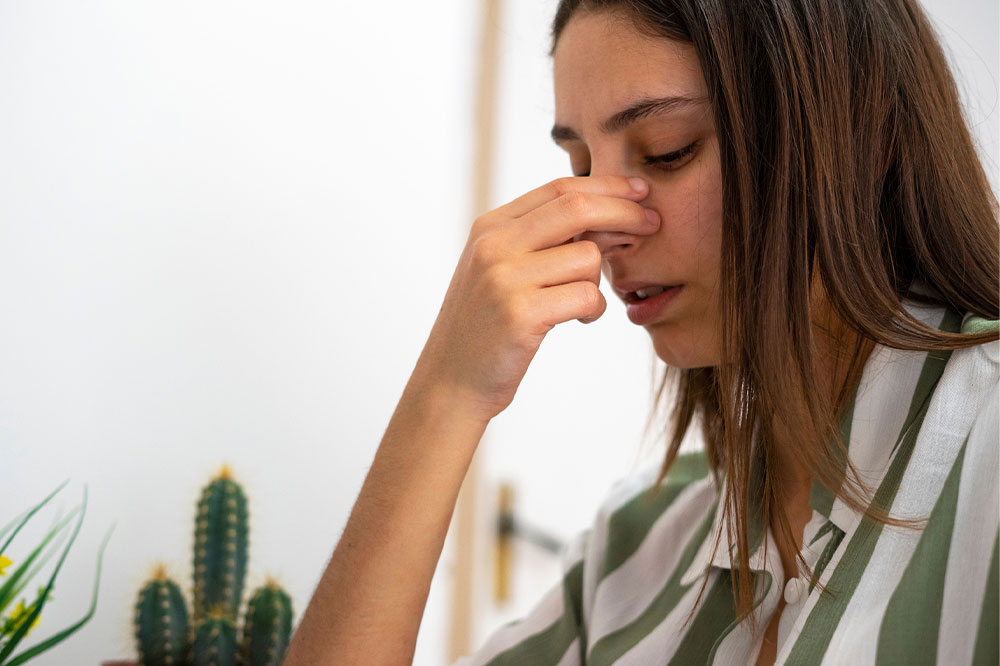Nasal polyposis – Causes, symptoms and prevention
Often, individuals suffer from congestion, sneezing, headaches, and other related symptoms but cannot seem to figure out the exact cause. Most of the time, it’s because of nasal polyps. These polyps are painless, abnormal growths on the lining of the nasal passage that affects almost four percent of the population in the country. They are affiliated with allergies, asthma, sinus infections and more. Read on to find out more about nasal polyposis.

What are nasal polyps?
Nasal polyps are benign growths on the mucosa inside the nose. The mucosa is a wet layer that helps protect the inside of the nose. It helps humidify the air that we breathe and protect the sinuses. If the mucosa is constantly irritated, it can form a polyp. This small growth can affect an individual’s ability to breathe as it blocks the nasal passage.
What causes nasal polyposis?
While scientists have not been able to find the exact cause of nasal polyposis, they do have an inkling about its possible triggers that include:
- Sinus infections
- Asthma attacks
- Hay fever
- Churg-Strauss syndrome
- Cystic fibrosis
In many cases, individuals who develop nasal polyposis do not even have a trigger. Some may develop it due to genetic factors.
What are the symptoms of nasal polyposis?
Nasal polyps have the capacity to completely block the nasal passages. Due to the lack of sensation in the nerve endings, many may not even know that they suffer from this problem. Therefore, one of the best ways to diagnose nasal polyposis is to know and observe the symptoms. Individuals who do have this condition usually face symptoms such as:
- Blocked or runny nose
- Postnasal drip (when the mucus runs down your throat)
- A stuffy sensation
- Unknowingly breathing through the mouth
- Loss of smell
- Congestion in the nasal passage
- Snoring
- Possible development of sleep apnea
Individuals may also suffer from headaches.
How to prevent nasal polyposis?
While there is no sure shot way to prevent nasal polyposis, individuals can do their best to eliminate the possible triggers and causes. This includes avoiding contact with allergens in the environment. There are also ways to desensitize the nose to various elements by opting for desensitizing treatments. Individuals can also use medical treatment modes such as nasal sprays and inhibitors to alleviate the symptoms.




